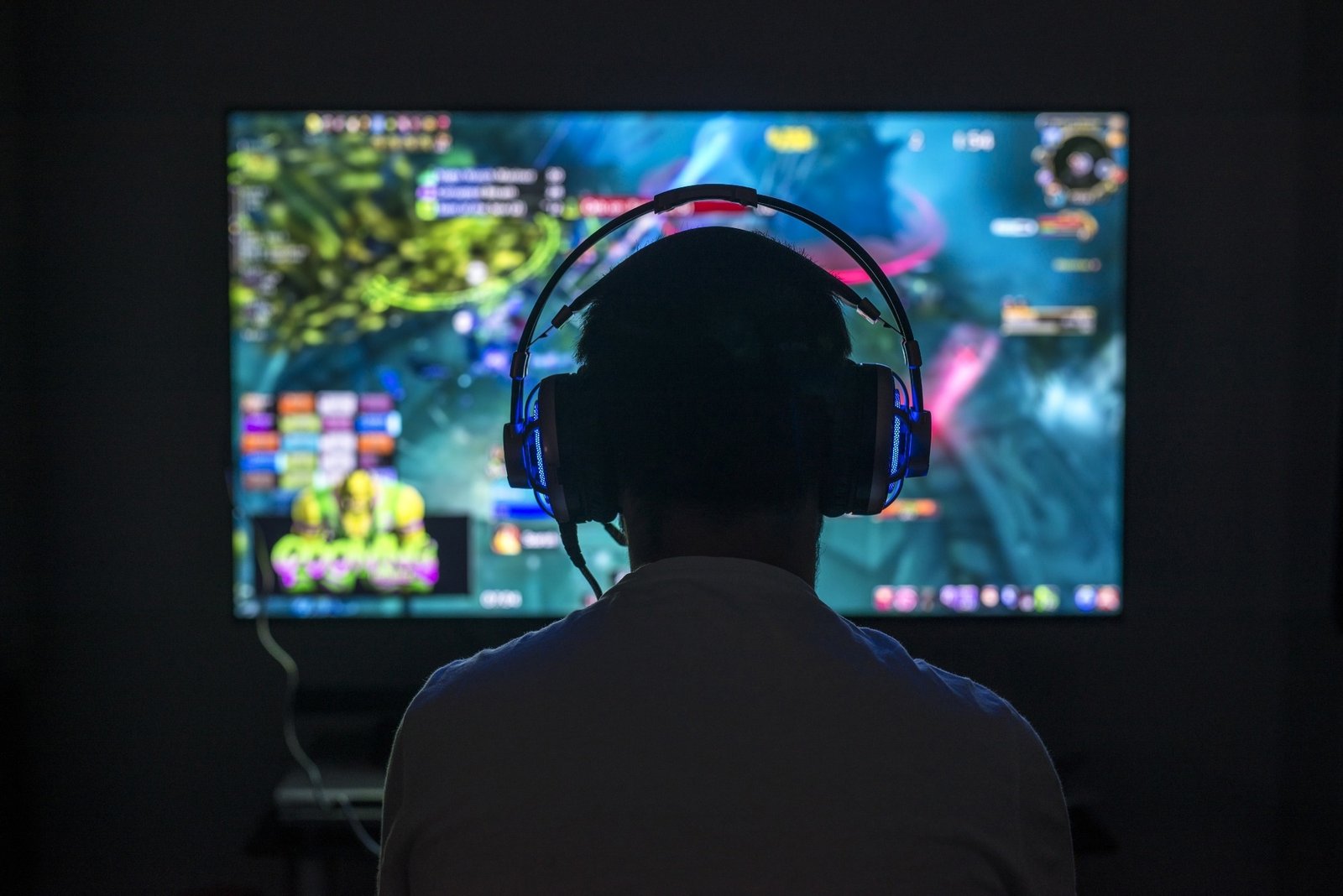Recent JAMA Network Open This study investigated the effectiveness and underlying neural mechanisms of a mindfulness-based meditation (MM) intervention in treating adults with Internet gaming disorder (IGD).
 Study: Efficacy and neural mechanisms of mindfulness meditation in adults with Internet gaming disorder. Image credit: sezer66/Shutterstock
Study: Efficacy and neural mechanisms of mindfulness meditation in adults with Internet gaming disorder. Image credit: sezer66/Shutterstock
background
IGD is associated with a range of health and mental problems, including emotion dysregulation, neurocognitive impairment, executive function disorders, and physical problems. Several studies have highlighted that altered neural characteristics, such as altered activation of frontal brain regions, influence IGD.
The intense craving experienced by IGD patients is associated with changes in frontal brain regions, namely the orbitofrontal cortex and the dorsolateral prefrontal cortex. Furthermore, altered connectivity between brain regions associated with reward processing and executive control has also been observed in IGD patients.
To date, there are not many treatments that can alleviate the behavioral, pharmacological, and neuromodulatory domains of IGD. Some available treatments have been successful in reducing gaming cravings or reducing gaming time, but discontinuing treatment increases the odds of relapse. Studies on substance use have shown that craving after cessation of gaming is the main cause of relapse. Gaming is also used for educational purposes to promote learning, but it can also trigger cravings in IGD patients.
MM is a versatile and socially accepted therapy that enhances attention and self-control. Recently, it has also been recognized as a clinical intervention. In MM, individuals are encouraged to attend sessions with a non-judgmental attitude and maintain a relaxed vigilance against distractions.
MM affects specific brain regions, including the anterior cingulate cortex, striatum, prefrontal cortex, insula, and precuneus, and may alter responses to cues that trigger craving and addictive behaviors, and therefore it is important to assess its efficacy and tolerability for IGD.
About the Research
The current randomized clinical trial investigated the efficacy and mechanism of MM in treating patients with IGD. The trial was conducted at Hangzhou Normal University in Hangzhou, China from October 1 to November 30, 2023. It was hypothesized that MM may reduce gaming craving and addiction severity by altering brain mechanisms in the cortical and subcortical regions of the brain.
The study involved individuals aged 18 years and older. Candidates completed an online Internet Addiction Test (IAT) and psychiatrists diagnosed IGD with those who scored 50 or above according to a standard protocol. A total of 80 participants met all eligibility criteria and were randomly assigned to either the experimental group (MM) or the control group (Progressive Muscle Relaxation – PMR).
research result
It was noted that all pre- and post-test measures of IGD were reduced in both the MM and PMR groups, indicating the need to include a control group to better understand the relative magnitude. Overall, the eight MM training sessions effectively reduced gaming craving compared to PMR.
Regarding brain function, we observed that MM reduced activation in the lentiform nucleus, medial frontal gyrus (MFG), and insular cortex, areas previously implicated in craving. The lentiform nucleus plays a key role in dopaminergic circuits and is triggered in cue-induced craving, including in IGD patients. Here, we found a positive correlation between lentiform nucleus activation and game craving, with activation suppressed after MM treatment. This suggests that cue-related lentiform nucleus activation is a potential biomarker for IGD treatment and that MM may reduce such activation.
The MFG also showed decreased cue-related activation after MM, which is also related to executive control. Higher brain activity in these regions may indicate an attempt to suppress impulses in the presence of cues. MM may work, at least in part, by altering cue responses and enhancing behavioral control.
In the experimental group, reduced activation of the insular cortex during one task was observed after MM. The insular cortex is involved in craving as well as cortical areas and the lentiform nucleus. Increased activation of the anterior insula correlates with nicotine withdrawal. It is also associated with response to gaming cues. Increased activation to gaming cues was observed in IGD patients after craving behavior intervention. Furthermore, reduced connectivity between areas involved in craving and the insular cortex was observed. The results obtained here suggest that MM may reduce craving, which may in part be due to suppressed activation of the insular cortex in response to gaming cues.
Conclusion
Taken together, our results suggest that MM is more effective at reducing gaming craving and addiction severity than PMR. Furthermore, MM reduced activation in cortical and subcortical brain regions, areas thought to be involved in craving responses. These results suggest that MM may alter the frontopallidal response underlying craving and may be used to treat IGD.

